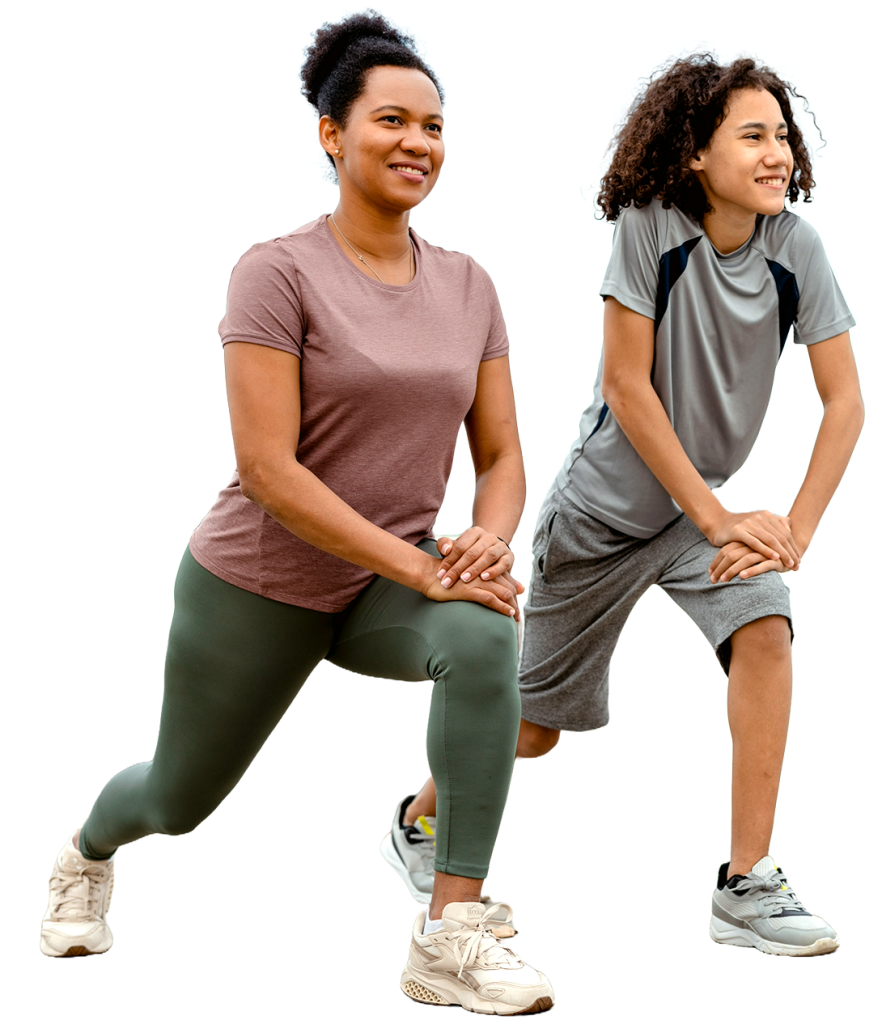
No Referral Necessary. Request an Appointment Today!
Our qualified physical therapists use evidence-based diagnostic tools and treatments to get to the root of your pain and start you on the road to recovery.
At SSOR, all our treatments are handled by DPTs – Doctors of Physical Therapy. This allows us to provide unmatched expertise for every single patient and treatment plan.
There’s a reason we’re consistently rated as “world-class” by patients when they finish with a plan of care. Let us show you how this process can be empowering and not frustrating.
We recently changed bill pay providers. Please click the button for the date of your appointment to be directed to the correct online payment portal.